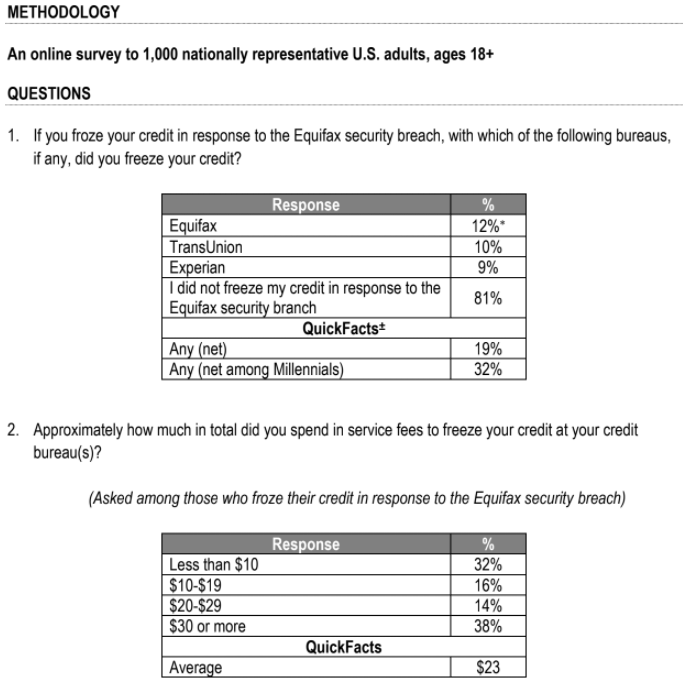Omitting the “o” in .com Could Be Costly

Credit to Author: BrianKrebs| Date: Thu, 29 Mar 2018 13:08:16 +0000
Take care when typing a domain name into a browser address bar, because it’s far too easy to fat-finger a key and wind up somewhere you don’t want to go. For example, if you try to visit some of the most popular destinations on the Web but omit the “o” in .com (and type .cm instead), there’s a good chance your browser will be bombarded with malware alerts and other misleading messages — potentially even causing your computer to lock up completely. As it happens, many of these domains appear tied to a marketing company whose CEO is a convicted felon and once self-proclaimed “Spam King.”
Read More





